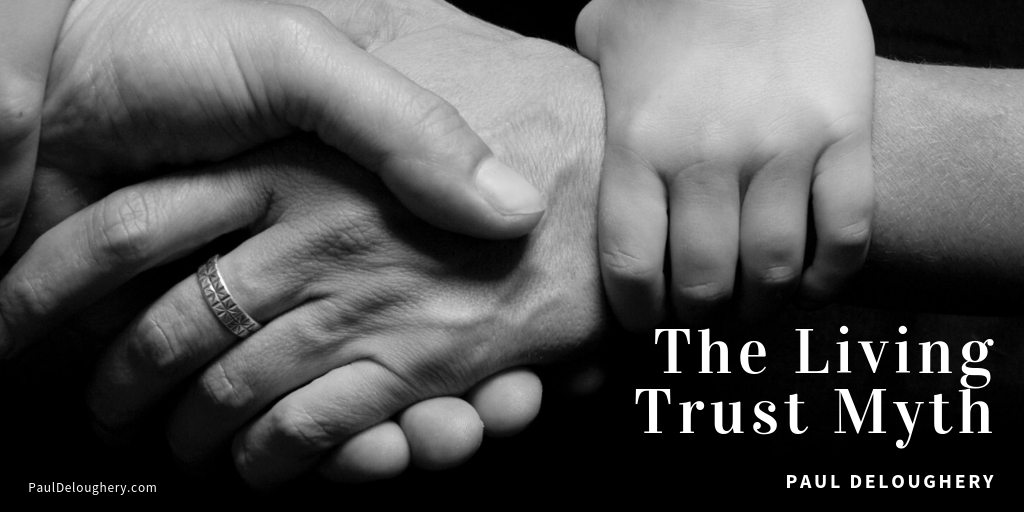Traveling is a great adventure to experience different countries and learn about their cultures. One of the biggest mistakes travelers can make is to not be prepared before visiting a new country. There are cultural differences and something in one country could be viewed as insulting in another country. Visiting Asia is an unforgettable experience but it holds many cultural differences than what we are used to in the United States. Before heading on your vacation research the dos and don’ts of Asia.
Greetings in India
Unlike the United States, handshaking is not a normal habit in India. Natives to India greet each other by pressing their palms together and slightly bowing their heads. During the bow, you say the word “Namaste.” This is how people show respect for each other and is a common way for people to greet each other.
Eating in China
Finishing your plate in the United States and other parts of Asia can show the host that you enjoyed their food and were satisfied with your meal. In China, you should leave food leftover on your plate. If you finish everything on your plate, you are signaling to your host that you could still be hungry and are not satisfied.
Gift Giving
In Asia, when you are invited into someone’s home, it is typical to bring along a gift for the host. Bringing a gift from your own country are appreciated much more than if you buy something down the street from the home you are visiting. You may want to consider packing a couple of gifts before traveling in case you are invited to someone’s home.
Personal Space
Though we do understand getting too close to each other can make another person uncomfortable, other cultures are more strict about the distance between people. Men don’t touch women in public as a sign of respect in India. Many cultures believe that being an arm’s length away from others is the respectable distance.
Travelers get a bad reputation for being rude while visiting other countries due to them not understanding the cultural difference. Though it may not be intentional, you could be insulting a person’s culture if you do not travel prepared.









